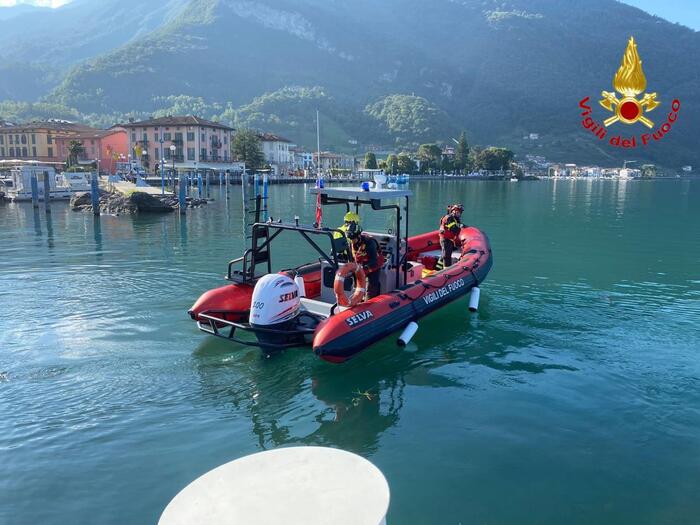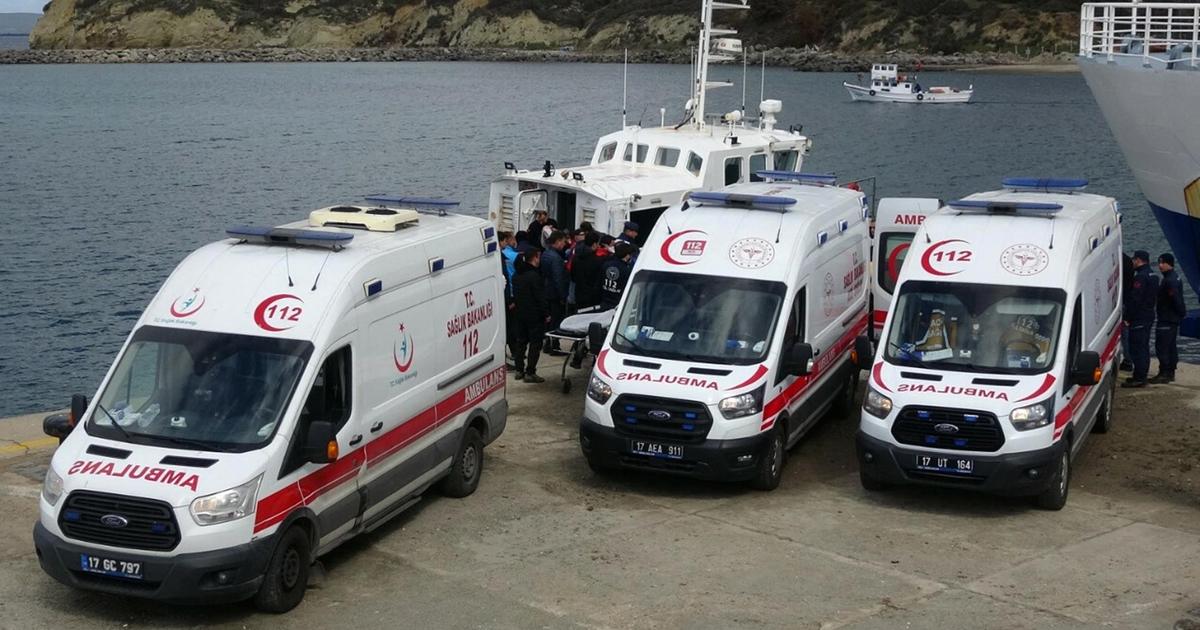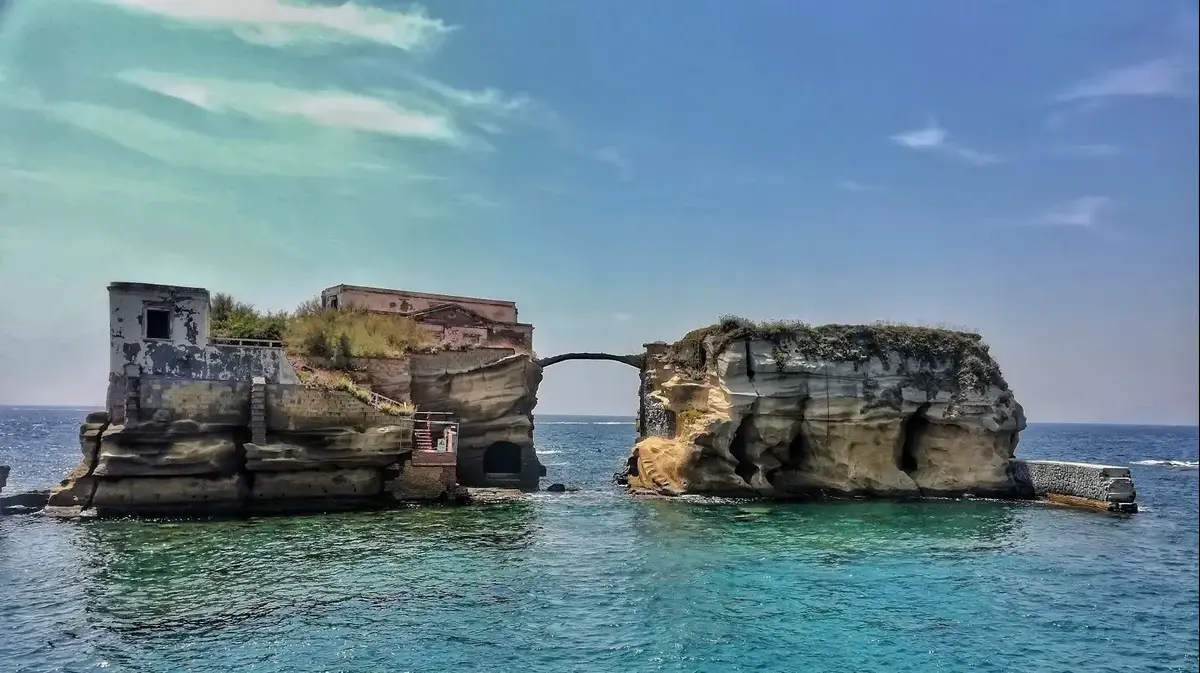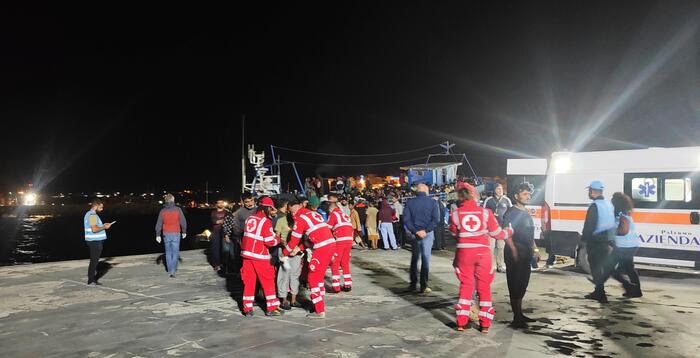Enlarge image
DLRG lifeboat: The lack of lifeguards is also a problem
Photo: Uwe Anspach/ dpa
At least 199 people have drowned in German waters since the beginning of the year.
That was an increase of 15 deaths compared to the same period last year, said the German Life Saving Society (DLRG) in the Schleswig-Holstein Baltic Sea resort of Damp.
The cut-off date for the census was July 20.
Since the beginning of the bathing season at the beginning of May, the lifeguards have counted 136 deaths, nine more than in the same period last year.
DLRG President Ute Vogt cited the good weather in May, which many people had already used for swimming trips, as one reason for the increase.
"There were more accidents in the still cool waters." In May 2022, 30 women, men and children drowned.
In May 2021 there were eleven.
"The season is very challenging for us," said Vogt.
Majority of deaths in open water
According to the DLRG, the majority of accidents occur inland in mostly unguarded waters.
According to the DLRG, 180 people drowned in open water such as rivers and lakes, which corresponds to 90 percent of the cases.
By the end of July, on the other hand, there were only four bathing deaths on the North and Baltic Seas.
According to the DLRG, a total of 299 people drowned in Germany in 2021.
That was the lowest level in more than 20 years.
Most of the drowned people were in Bavaria from January to July.
42 people died there, after 29 in the same period last year.
According to DLRG information, there are many small lakes and therefore unguarded bathing areas in the Free State.
"Unfortunately, the DLRG cannot be everywhere," said Frank Villmow from the DLRG Presidium.
Bremen and Saarland recorded the fewest drowned, with two deaths each.
It is striking that the majority of the dead are male.
"Women are a lot more careful," Villmow said.
A large proportion of those who drowned were over 55 years old.
It is often medical emergencies such as cardiovascular diseases that lead to death.
DLRG boss concerned about the increasing number of non-swimmers
According to Vogt, the long period of the corona pandemic is having a negative effect.
"We have an increasing number of non-swimmers." During rescues, it often turns out that children and young people cannot swim at all.
Swimming training has suffered in the past two years.
One problem is the lack of lifeguards in the pre-season.
In the high season, on the other hand, all stations could be occupied.
An advertising campaign will be launched next year.
"Of course, we couldn't train the lifeguards in the two years that we couldn't train any children," said Vogt.
It is important that after Corona the swimming pools are not closed again because of the energy crisis.
In training pools, however, the temperature can be lowered.
From Vogt's point of view, lower requirements for lifeguards are out of the question.
»We cannot compromise on the quality of the training.«
A few weeks ago, the German Swimming Instructors Association called for people to go to the pool a few times before swimming in lakes or the sea to assess their own abilities.
On the first day you should only swim close to the shore and parallel to the edge of the water.
fek/bbr/dpa









